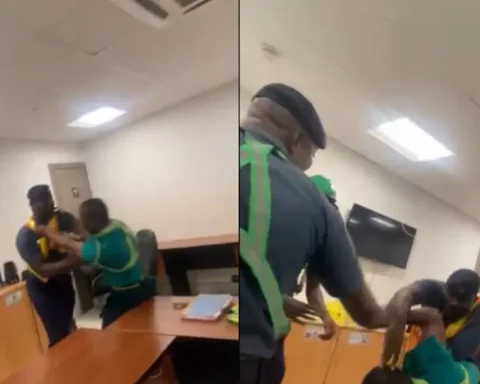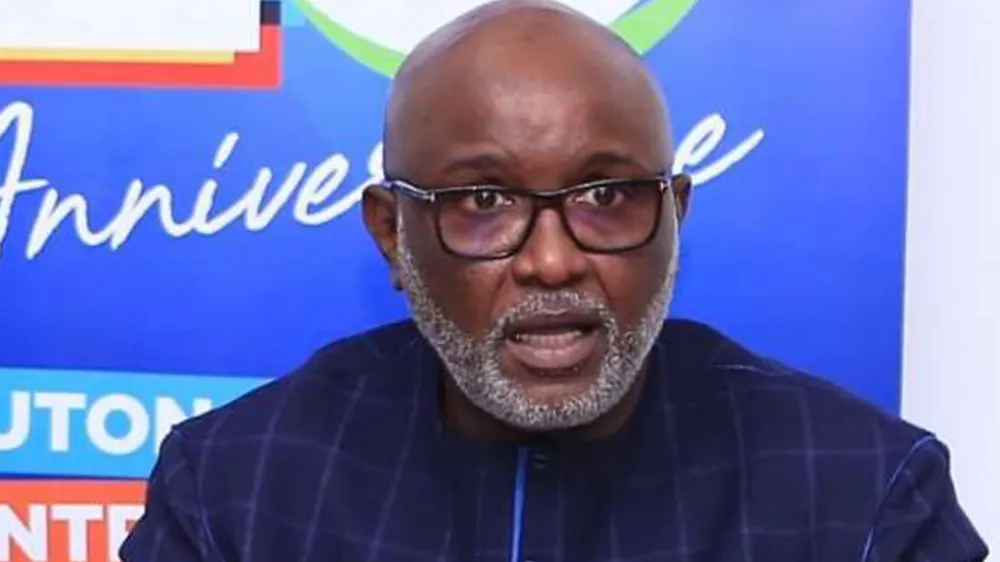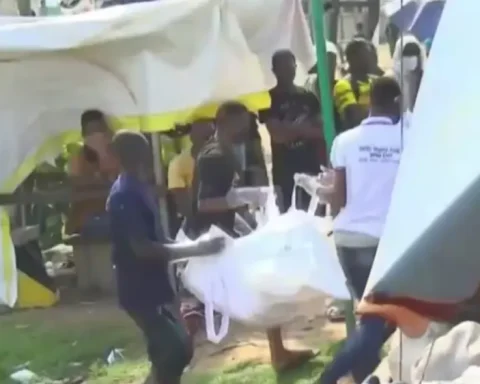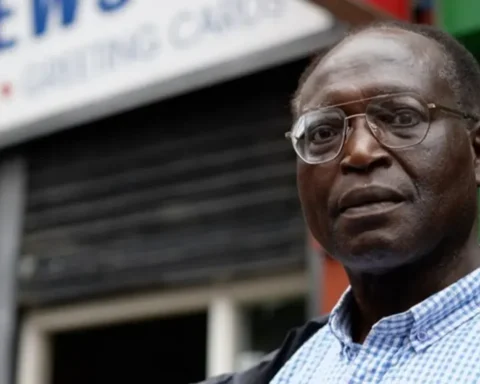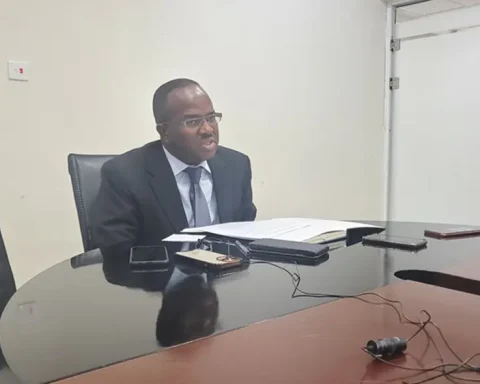About 1,939 Liberian refugees have been integrated into Ghana through the granting of residence permits and support programs, according to the Ghana Immigration Service (GIS).
In 2022, the GIS helped a total of 2,847 migrants, including 1,905 males and 942 females, to reintegrate into various communities in Ghana. The Comptroller-General of Immigration, Mr Kwame Asuah Takyi, announced this at the launch of the Caritas Ghana initiative, Support Service for Migrants and Refugees in Transit (SMART) for Inclusive Development Project in Accra.
The project, an initiative of Caritas Ghana, aims to offer assistance and rehabilitation for returned migrants and refugees in nine out of the 16 regions.
The SMART for Inclusive Development project will provide “responsive humanitarian assistance and reintegration support for returned migrants and refugees in Ghana and curtail the menace of irregular migration from Ghana into the West through Social and Behavioural Change Communication activities in the communities by 2025,” said Mr Takyi.
He added that the Ghana Immigration Service had collaborated with relevant stakeholders for the reception, registration, hosting, and integration of returned migrants and refugees into the country. The regions where the project will be implemented are Ahafo, Bono-East, Greater Accra, Northern, Upper East, Upper West, Volta, Western, and Oti.
The Comptroller-General of Immigration also said that the Ghana Immigration Service had contributed considerably to the fight against irregular migration and the promotion of safe, orderly, and legal migration. He further noted that the Service had embarked on regular education and sensitisation programs to create awareness of the dangers of irregular migration and avenues for safe and legal migration.
Additionally, the Service had investigated and prosecuted several document fraud, human trafficking, and other related cases to serve as a deterrent to miscreants.
Rev. Fr. Charles Boampong Sarfo, Assistant Secretary General of the National Catholic Secretariat, emphasized the need for a community-driven approach to the implementation of the project to ensure that activities and project structures continue to work beyond the funding window. He added that local structures and partners would be adopted to carry out the direct implementation, while Caritas Ghana played a facilitating role.
The local government structures would also be directly engaged to enable them to learn from the process and include the project intervention in their annual operational plan.
The Project Coordinator for Human Rights and Justice, Rev. Sr. Regina Ignatia Aflah, called for the support of all stakeholders to enable Caritas Ghana to secure the future of the country's labour force, which was under threat due to the menace of irregular migration.
The SMART for Inclusive Development project seeks to shift the perspectives of migrants, refugees, and their families and communities on successes and failures related to migration.
The project also aims to improve the institutional capacity of Caritas Ghana to respond to the relief and emergency needs of migrants and refugees in Ghana.

